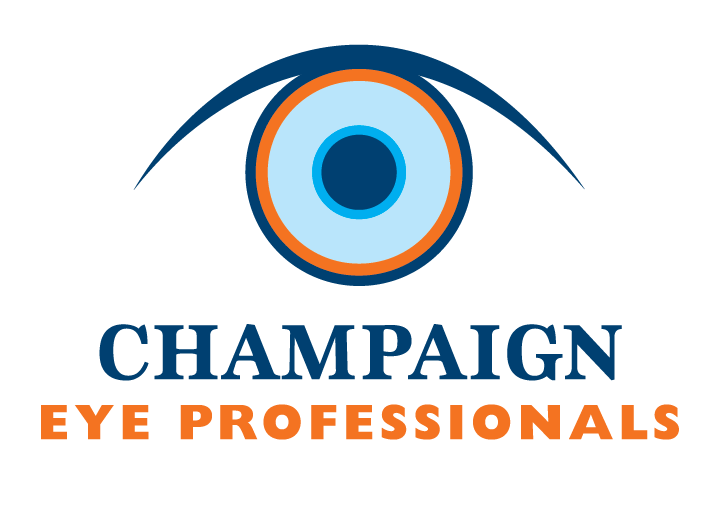Best Ways to Prevent Diabetic Retinopathy
If you have diabetes or pre-diabetes, your Champaign, IL optometrist wants you to know that you carry a higher risk of developing diabetic retinopathy than others. Diabetic retinopathy is a disease that threatens your vision. Left undiagnosed and untreated, you could go completely blind, and there may be little to nothing done to reverse it. As with other diseases, the best course of action is to prevent it from happening to begin with. Here are some of the best ways to prevent diabetic retinopathy.
Have Frequent Eye Exams
When you have diabetes, it’s imperative to see your optometrist more than once a year. If you make visits once every three months, early signs of the development of diabetic retinopathy are more likely to be picked up. If anything is found, then preventative treatment can begin.
Manage the Underlying Condition
As well as seeing your optometrist more often, you should be sure to visit your treating physician for diabetes as directed. This will ensure that the underlying condition is being properly managed and, hopefully, doesn’t worsen.
Follow Recommendations
Whether recommendations are coming from your optometrist or from your general practitioner, it’s essential that you follow their instructions for managing your diabetes or pre-diabetes at home. If you cheat and continue to overeat sugar, continue to drink, smoke or skip injections, you’re only cheating yourself and increasing the odds of developing diabetic retinopathy. If you need help altering your lifestyle and changing bad habits, contact professionals who can help with tips and resources.
Your vision is priceless and it’s important that you do everything you can to protect and preserve it. Use this advice to help you prevent diabetic retinopathy in Champaign, IL from stealing your eyesight. Contact your optometrist today to book your next eye exam and to learn more.








